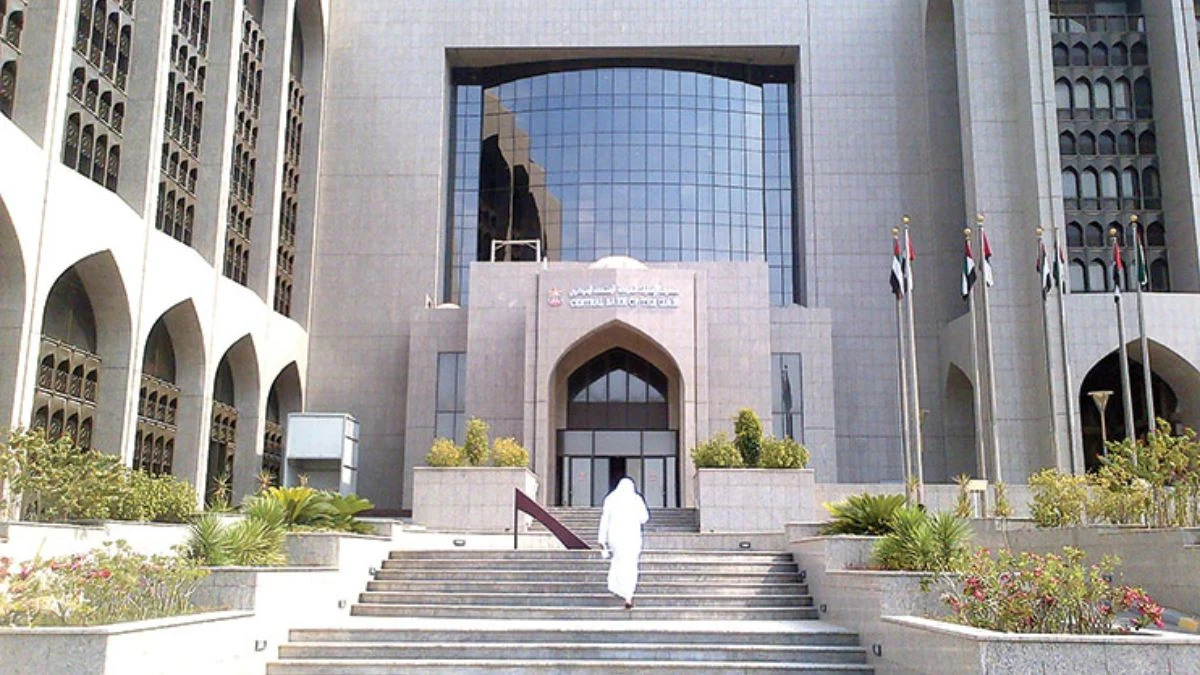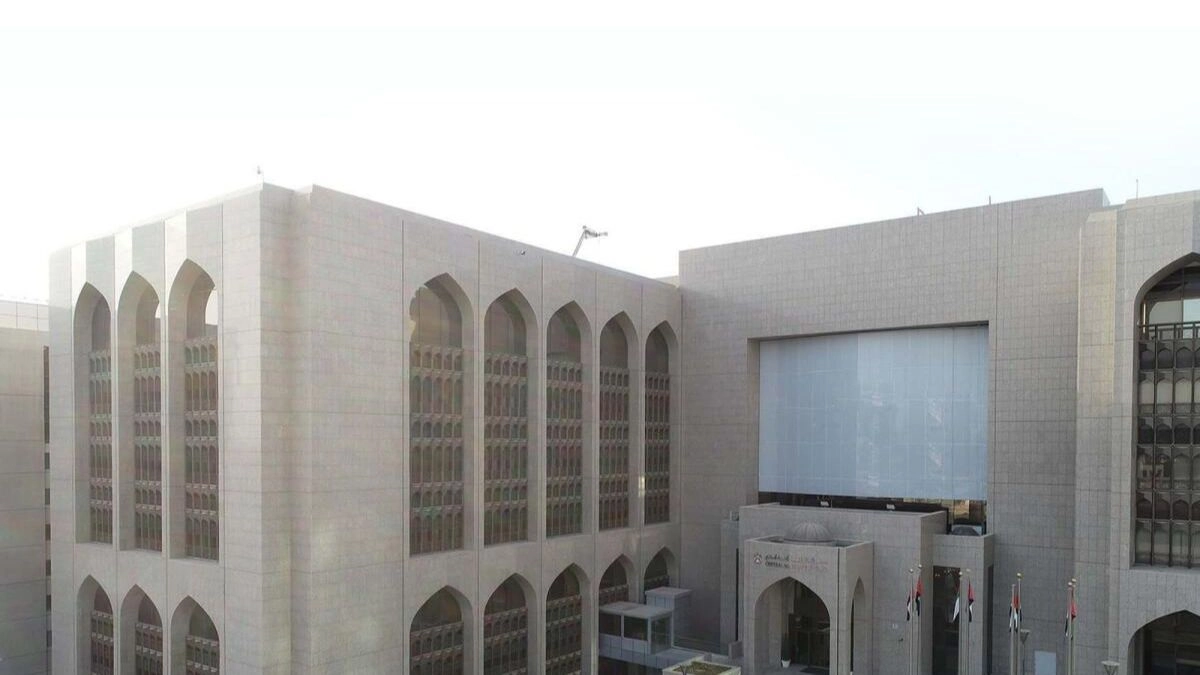News
UAE Central Bank Revokes License Of Al Rasheed Exchange House

The license of a Dubai-based exchange house has been cancelled by the UAE Central Bank (CBUAE) for engaging in significant regulatory misconduct, such as intentionally suppressing remittance turnover and failing to comply with liquidity requirements.
Al Rasheed, the exchange house, was taken off the Register in accordance with Article 137 of the Decretal Federal Law No. (14) of 2018 Regarding the Central Bank and Organization of Financial Institutions and Activities by CBUAE.
This move is likely to serve as a warning to other UAE financial institutions to prioritize regulatory compliance.
An exchange house was revoked by the UAE Central Bank for willfully giving false information
According to the UAE’s central bank, the revocation of the license of the Dubai-based exchange house is a consequence of the results of a CBUAE examination that uncovered significant regulatory misconduct by the exchange house.

Furthermore, the exchange house was found to have purposefully provided inaccurate information to the CBUAE, as well as participating in serious anti-money laundering (AML) violations and transferring its license without first obtaining a letter of no objection from the CBUAE.
The UAE Central Bank examined the Al Rasheed exchange house and discovered that it had a weak compliance framework and did not meet its regulatory obligations. Despite the findings of regulatory misconduct, Al Rasheed did not file an appeal within the time frame specified. As a result, the Central Bank has revoked the exchange house’s license and removed it from the Register in accordance with Article 137 of the Decretal Federal Law No. (14) of 2018 Regarding the Central Bank and the Organization of Financial Institutions and Activities.
The UAE Central Bank has taken steps to ensure regulatory compliance in the financial sector. Earlier this month, the Central Bank fined a financial firm Dh1.8 million for repeated violations of regulations and a weak compliance culture in relation to anti-money laundering (AML) and counter-terrorist financing (CFT) policies and procedures.
According to the Central Bank’s findings, the financial firm engaged in high-risk activities that violated regulatory guidelines, and it lacked adequate policies and procedures to prevent these violations. This highlights the importance of complying with regulatory requirements in the UAE financial sector.
The Central Bank stated in a statement that it is committed to ensuring that all exchange houses, their owners, and employees follow UAE laws. The Central Bank will continue to take appropriate measures to enforce regulatory compliance in the financial sector as part of its supervisory and regulatory mandates.
Its actions serve as a reminder to UAE financial institutions of the importance of adhering to regulatory standards, including AML and CFT policies and procedures. It is crucial for financial institutions to prioritize compliance and take proactive measures to prevent regulatory violations to avoid facing sanctions or penalties.
AML and CFT are rules and procedures that financial institutions follow to prevent criminals from passing off illegally obtained funds as legitimate income and to prevent the funding of terrorist activities.
AML involves identifying and verifying customer identities and monitoring financial activities, while CFT focuses on detecting and preventing the use of financial resources for terrorism. Both are crucial in the global fight against financial crimes and maintain the financial system’s stability and integrity.
Article 137 of the Decretal Federal Law No. (14) of 2018 Regarding the Central Bank and the Organization of Financial Institutions and Activities is a regulatory provision in the UAE that allows the Central Bank to take appropriate action against financial institutions that fail to meet regulatory requirements.
Related Topics
🔹DAMAC Properties Set To Revolutionize Dubai’s Luxury Real Estate Market With Canal Heights
Under this article, the Central Bank has the authority to revoke the license of a financial institution if it is found to be engaging in regulatory misconduct. This may include violations of anti-money laundering (AML) and counter-terrorist financing (CFT) policies, failure to meet liquidity requirements, or providing incorrect information to the Central Bank.
If a financial institution’s license is revoked under Article 137, the institution is removed from the Register and no longer permitted to conduct financial transactions. This can have significant consequences for the institution, including damage to its reputation and financial stability.
Article 137 also authorizes the Central Bank to impose other appropriate sanctions on financial institutions that fail to meet regulatory requirements. Fines, appointing a temporary administrator, or taking legal action against the institution are examples of such measures.
The UAE Central Bank, also known as CBUAE, is the country’s central bank. It was founded in 1980 and is in charge of managing the country’s monetary policy as well as regulating the financial sector.
CBUAE’s primary goals include maintaining price stability, ensuring financial system stability, and promoting economic growth. The bank also oversees the country’s payment systems and is responsible for supervising and regulating financial institutions operating in the UAE.